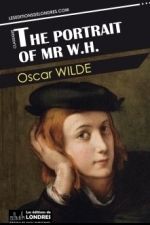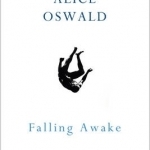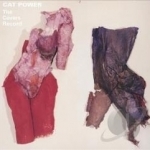Eilidh G Clark (177 KP) rated The Portrait of Mr W.H. in Books
May 14, 2017
Wilde presents a subjective interpretation of Shakespeare’s sonnets that portrays homoerotic sexual desire as the force for creative inspiration. Foremost, through the character Cyril Graham, the author demonstrates that art is ‘an attempt to realise one’s own personality on some imaginative plane out of reach of the trammelling accidents and limitations of real life’, (Wilde, p.111).
Taking from a hypothesis in the previous century by Edmund Malone and Thomas Tyrwhitt, the character of Cyril forms a theory in which Mr W.H. is a young actor named Willie Hughes, employed by Shakespeare and who is the muse to which the sonnets are devoted. Cyril investigates each poem and pieces together a theory he believes to be true.
On the surface, Cyril’s theory derives from feeling and beauty rather than logic and instruction.
The withholding of facts in Shakespeare’s sonnets energises Cyril. He scours the poems to find a clue that harmonise with his own feelings. Cyril believes that Shakespeare influences his readers by guiding them to Willie Hughes.
Cyril, spurned by the moralistic interpretations of previous critics, becomes enthralled by Shakespeare’s muse.
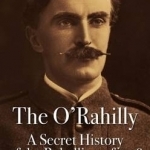
The O'Rahilly
Book
Although commemorated by Yeats's poem, Michael O'Rahilly is one of the forgotten leaders of the 1916...
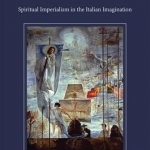
Dante, Columbus and the Prophetic Tradition: Spiritual Imperialism in the Italian Imagination
Book
Exploring the diverse factors that persuaded Christopher Columbus that he could reach the fabled...
Reading Fragments & Fragmentation in Modernist Literature
Book
This book begins with the question: How are literary fragments defined as such? As a critical term,...
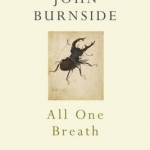
All One Breath
Book
This book was shortlisted for the 2014 T.S. Eliot Prize and the Forward Prize for Best Collection....
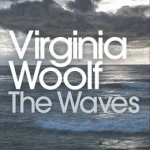
The Waves
Book
A formally innovative work of modernist fiction, Virginia Woolf's The Waves is edited with an...
James Wood recommended Falling Awake in Books (curated)
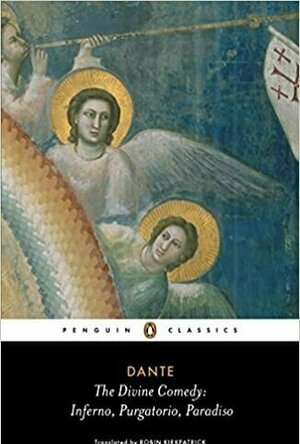
The Divine Comedy
Book
Robin Kirkpatrick's masterful verse translation of The Divine Comedy, tracing Dante's journey from...

The Heart A Rose
Book
The Heart A Rose: A Masterfully Crafted Poetic Journey Through Lifelong Love Are you a hopeless...
poetry
